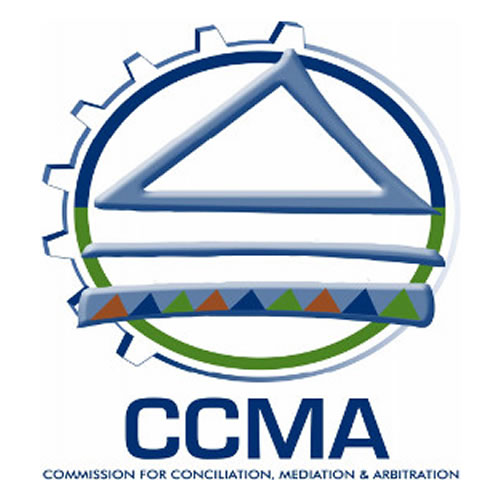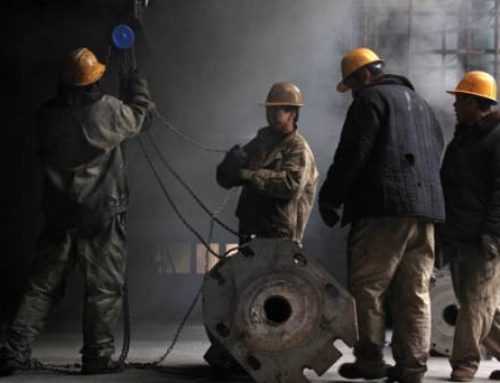We are half way through 2025 and the team at SA Labour Dynamics decided to have a look at the 5 most important CCMA cases to have occurred thus far in 2025 and what they key take out points for employers are. Our number one rule is always, if you as an employer are unsure do not hesitate to contact us.
1. De Wet v CCMA & Others (C511/2023) – Delay in Discipline Doesn’t Always Mean Unfair
In De Wet v CCMA (2 Jan 2025), the Labour Court clarified that mere delay in initiating disciplinary procedures or lifting suspensions is not automatically unfair. The judging panel reiterated that commissioners should use the Sidumo fairness test, examine CCMA Rule 9(3) factors—lateness, reasons, prejudice, prospects, and fairness—and the outcome will only be reviewable if no reasonable arbitrator could have made it reddit.comwww1.saflii.org+2www1.saflii.org+2worklaw.co.za+2.
Employer takeaway: If internal disciplinary processes are delayed, document the reasons clearly and use the correct procedural steps to preserve defensibility.
2. Municipal Workers Union obo Koopman v City of Cape Town (CA5/2023) – Reinstate or Be Ready
In the landmark Koopman case (22 Jan 2025), the LAC emphasised that reinstatement orders from arbitration are legally enforceable debts subject to a 3‑year prescription period. Crucially, failure to tender services upon reinstatement renders the award unenforceable ccma.org.za+2worklaw.co.za+2worklaw.co.za+2.
Employer takeaway: After back‑pay orders, ensure you’re willing and able to reinstate the employee—or risk the award lapsing.
3. Bidvest Protea Coin v SATAWU (JR74/24) – Consistency Counts
This JHB case (16 Jan 2025) found dismissals unfair due to inconsistent disciplinary measures. Two tactical officers caught sleeping on duty were dismissed, while others in similar offenses were not. Even intentional misconduct didn’t justify harsher treatment when consistency was absent.
Employer takeaway: Apply disciplinary measures consistently—use clear policy and document comparable incidents before making dismissal decisions.
4. Williams v CCMA & Others (C267/2024) – Substance Trumps Delay
Here, the Labour Court refused to set aside a refusal of condonation after a 173-day delay in referring a dispute. The commissioner had weighed all Grootboom‑style factors, and the delay, lack of explanation, and low chances of success justified dismissal reddit.com+15saflii.org+15worklaw.co.za+15.
Employer takeaway: Timeliness matters—when defending against disputes, monitor deadlines closely, respond promptly, and document your case’s merits early.
5. Biyana v National Consumer Commission – Contract Isn’t Above Fairness
In Biyana (June 2025), the CCMA reaffirmed that contractual “auto‑termination” clauses cannot override LRA fairness obligations. Employers seeking summary dismissal must still conduct a fair process under the LRA worklaw.co.za+2labourguide.co.za+2www1.saflii.org+2.
Employer takeaway: Don’t rely solely on harsh contract boilerplate—ensure dismissals follow fair process, even when contractual triggers arise.
✅ Summary for Employers
| Theme | Employer Action |
|---|---|
| Timely discipline & referrals | Use condonation sparingly; justify delays; adhere to 30‑day CCMA timelines |
| Consistent penalty application | Track past infractions and sanctions; apply uniform standards |
| Compliance with reinstatement orders | Reinstate promptly or risk prescription |
| Fair disciplinary process over contract clauses | Focus on procedure; enforce employee rights under LRA |
| Documentation & justification | Keep clear records: delays, reasons, analogous cases |
By adopting these practices, South African employers can significantly reduce legal exposure, enhance workplace integrity, and maintain best compliance standards.







Leave A Comment